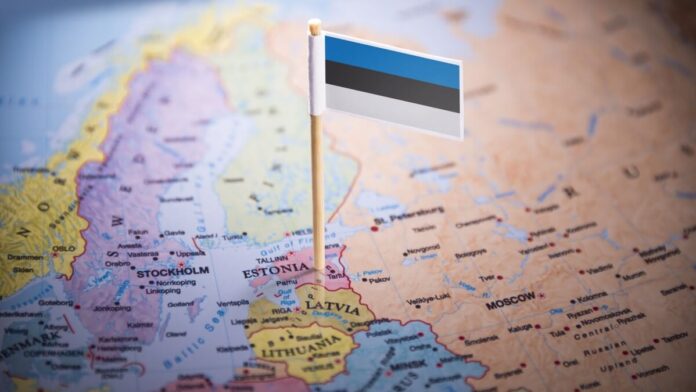The government of Estonia has approved a sanction exemption for students, doctors, as well as researchers and academic staff who are citizens of Russia and Belarus.
Announcing the news, the government said that this group of people would be given the opportunity to apply for a new Estonian residence permit, allowing them to stay in the country for a longer period of time, SchengenVisaInfo.com reports.
The same explained that the exemption to the sanctions would only apply to those who arrived in Estonia for study or work purposes before the start of the war in Ukraine and to those who have taken all the necessary language exams and have a B2 level knowledge of the Estonian language.
“Exceptions to the sanction concern people who arrived in Estonia to study or work before the start of Russia’s full-scale military aggression in Ukraine and who have taken all the necessary Estonian language exams or passed the Estonian language curriculum and know Estonian at least at the B2 level. The language requirement does not apply to academic staff,” the statement of the government reads.
According to the government, in this academic year, a total of 298 citizens of Russia and Belarus are subject to sanctions study in the country’s higher education institutions. However, the exemption will only apply to 78 of them that have already completed the language requirement.
In addition to the above-mentioned, the government explains that nine doctors from Russia and six from Belarus as well as one dentist from Russia and three from Belarus who entered the country for work purposes, have been registered as doctors in 2022-2023.
Explaining the decision to apply less stringent rules to these groups of Russian and Belarusian citizens, the government highlighted that it is important to keep in the country all doctors and dentists who have passed the required tests and have entered the register of the Health Board with the right to exercise their profession as a doctor or dentist, regardless of their country of origin.
Data further show that there are currently three people working as academic staff in Estonian higher education institutions. These, too, will now be subject to facilitated rules when applying for a new residence permit.
Despite Estonia deciding to apply less strict rules for the groups of people mentioned above, the authorities emphasised that the residence permits will not be issued automatically.
“Making an exception to the sanction does not automatically mean obtaining a residence permit. Each application is reviewed separately, and it is assessed whether the person has grounds to obtain a new residence permit,” the government highlighted.
The same stressed that the other rules applying to Russian and Belarusian citizens will continue to remain effective.


